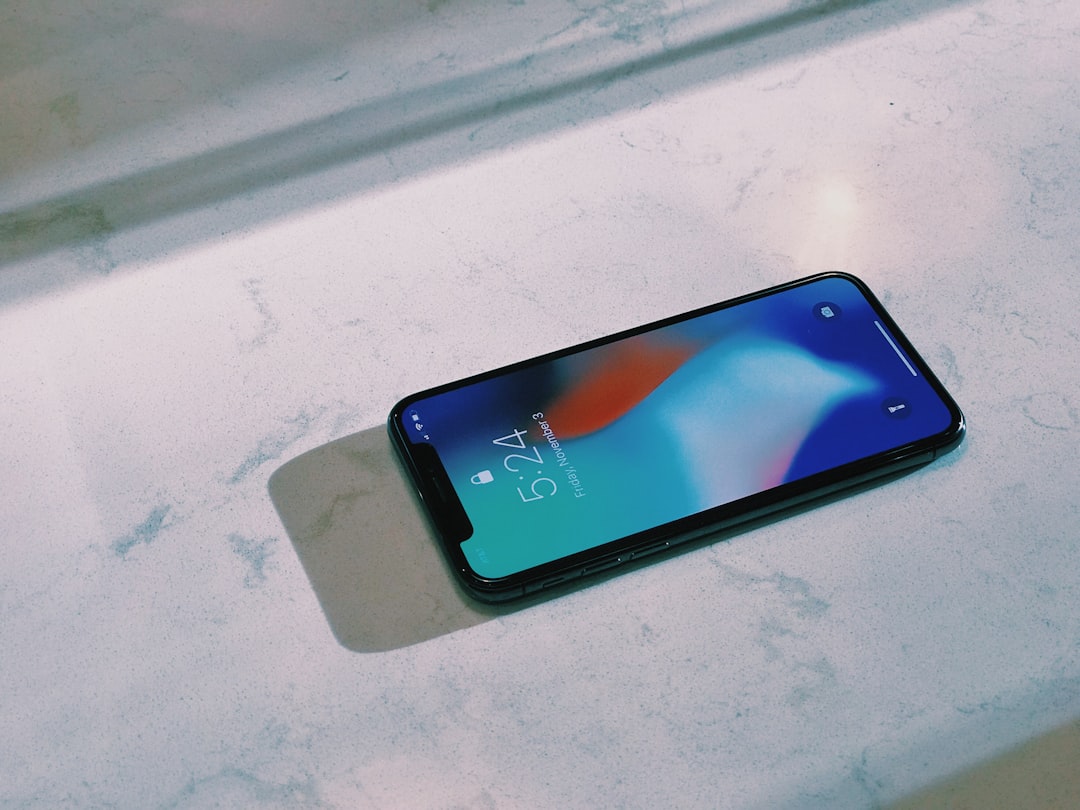Robocalls are a growing problem in the U.S., but Wisconsin residents can protect themselves with blocking apps leveraging caller ID and AI. Laws like the TCPA prevent unsolicited marketing calls, and robust apps like CallBlock, TrueCall, and NoMo Robocalls identify and block spam while preserving legitimate calls. For severe cases of harassing robocalls, a trusted robocall lawyer Wisconsin offers legal guidance. Regular updates, community engagement, and reporting suspicious calls enhance protection against these intrusions.
In today’s digital age, Wisconsin residents like you are often plagued by unwanted robocalls, posing a significant nuisance and even potential security risks. Understanding these calls and their legal implications is crucial. This guide delves into the world of robocalls, offering insights for iPhone users in Wisconsin. We explore top-rated blocking apps tailored to your needs and provide a technical breakdown of how they work. Additionally, discover effective strategies to enhance protection beyond app usage, ensuring peace of mind from these persistent callers with the help of a robocall lawyer Wisconsin.
Understanding Robocalls and Their Impact in Wisconsin

Robocalls have become a significant nuisance for many Wisconsin residents, with an estimated 40 billion automated calls made annually in the United States. These pre-recorded or artificial messages are often used for marketing purposes and can be particularly intrusive, especially when they’re unsolicited. In Wisconsin, as in many other states, robocall laws protect consumers from excessive or deceptive calling practices, but despite these regulations, the volume of robocalls continues to surge.
For Wisconsin residents tired of unwanted calls, robocall-blocking apps offer a sense of relief and control. These apps use various techniques, including caller ID technology and machine learning algorithms, to identify and block automated messages from reaching your iPhone. By using such apps, individuals can reduce the number of disturbing robocalls they receive, providing a more peaceful experience while ensuring they don’t miss legitimate calls from important contacts, especially if they’re in need of legal assistance regarding robocall-related issues. A robocall lawyer Wisconsin residents trust can offer valuable guidance and support when dealing with excessive or harassing automated calls.
The Legal Perspective: What Every Wisconsin Resident Should Know

In Wisconsin, as in many states, robocalls are regulated by laws designed to protect residents from unwanted and deceptive calls. A robocall refers to an automated call using an automatic dialing-announcing device (ADAD) that delivers a recorded message to multiple recipients. The Telephone Consumer Protection Act (TCPA) prohibits these automated calls for marketing purposes unless the caller obtains prior express consent from the recipient. Wisconsin’s Attorney General’s Office actively enforces these laws, and residents who feel their rights have been violated can file complaints with the office.
If you’re a Wisconsin resident facing relentless robocalls, it’s advisable to consult with a robocall lawyer in your state. Legal experts specializing in telecommunications law can guide you on your rights, potential remedies, and effective blocking strategies. They can also help navigate any legal actions or complaints against companies that continue to harass you despite your efforts to opt out of their calls.
Top Robocall Blocking Apps for iPhone Users

In today’s digital era, robocalls have become a pesky nuisance for many iPhone users in Wisconsin and across the nation. These automated phone calls, often from law firms or debt collectors, can be disruptive and even harassing. Fortunately, top-rated robocall blocking apps offer a game-changer solution.
For iPhone users in Wisconsin, several reliable options are available to combat these unwanted calls. Apps like CallBlock, TrueCall, and NoMo Robocalls have gained popularity for their advanced features. These applications use machine learning algorithms to identify and block spam calls, including those from robocall lawyers or collections agencies. By using these apps, folks in Wisconsin can enjoy a quieter, more peaceful experience while navigating the labyrinthine world of phone communications.
How These Apps Work: A Technical Overview

Robocall blocking apps for iPhone users in Wisconsin utilize advanced technology to identify and prevent automated phone calls, commonly known as robocalls. These apps employ a combination of techniques, including caller ID data, pattern recognition algorithms, and community-driven feedback, to distinguish between legitimate calls and unwanted robocalls. When a call comes in, the app analyzes various factors such as the caller’s number, calling patterns, and user reports to determine if it’s a robocall or not.
If the app flags a call as a robocall, it takes action to block the call. This could involve silently discarding the call, displaying a notification to warn the user about the potential scammer, or allowing users to block specific numbers directly from within the app. Some apps also offer features like call screening, where human operators can answer suspicious calls and interact with the callers before connecting them to the intended recipient, providing an extra layer of protection against deceptive robocalls for robocall lawyer Wisconsin services.
Effective Strategies to Supplement App Usage

To enhance the effectiveness of your robocall blocking experience, consider implementing additional strategies that complement your iPhone app usage. Firstly, stay informed about the latest robocall trends and tactics by following reputable tech blogs or news sources dedicated to cybersecurity. This knowledge will help you identify new types of spam calls and adjust your blocking rules accordingly. Secondly, participate in community forums or online groups focused on robocalls and privacy protection. Sharing experiences and tips with fellow Wisconsin users can provide valuable insights and collectively strengthen your defense against unwanted calls.
Additionally, regularly review and update your contact lists to ensure you block numbers associated with known robocall operations. Keep in mind that blocking alone isn’t enough; reporting suspicious or persistent robocalls to your service provider and relevant authorities (like the Federal Trade Commission) can contribute to a broader effort to combat these nuisance calls. If you’re facing recurring issues with robocalls from legal or financial entities, consider downloading apps specifically designed for blocking lawyer or collection agency calls, ensuring a more tailored and comprehensive solution for Wisconsin users.






